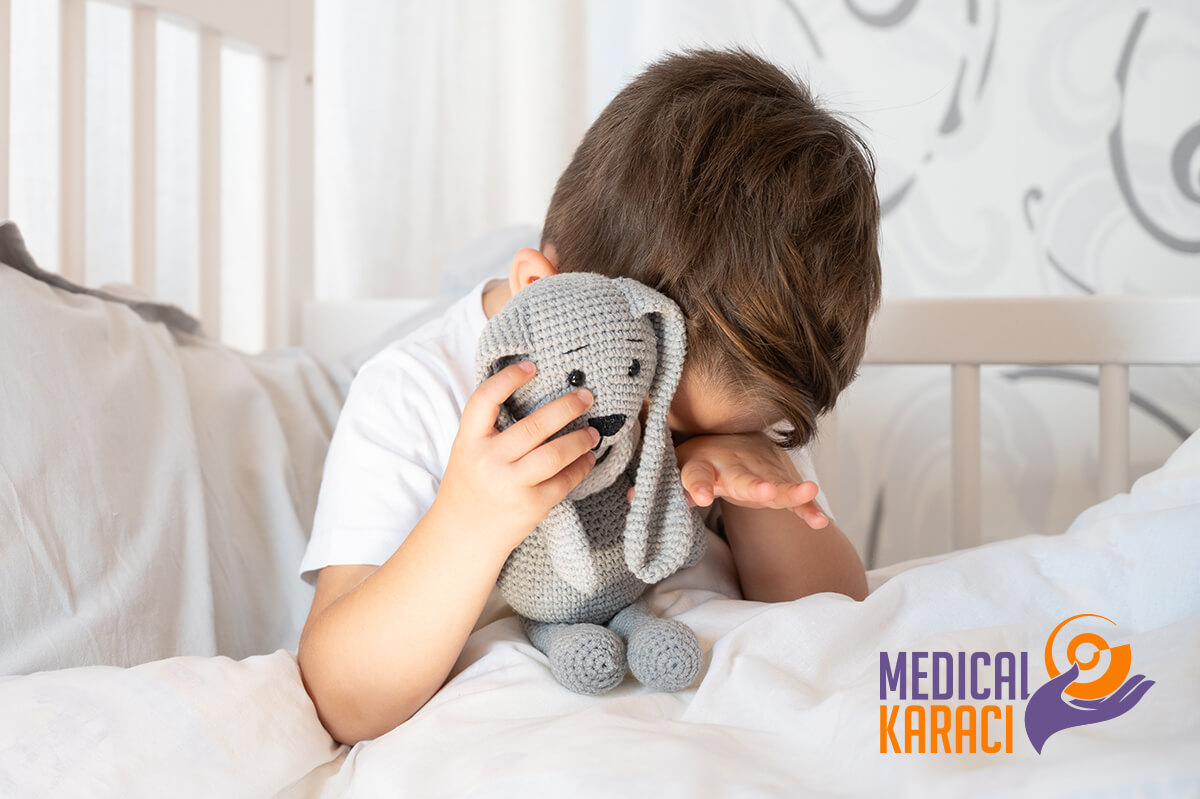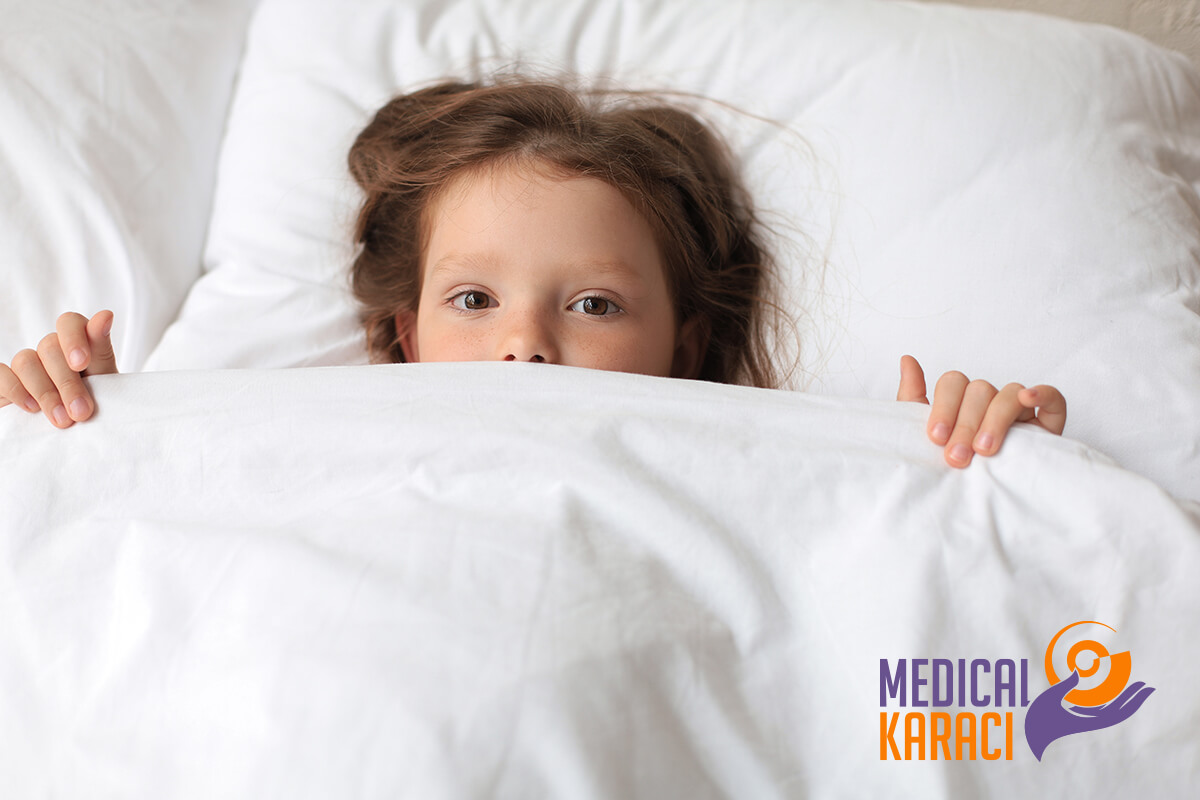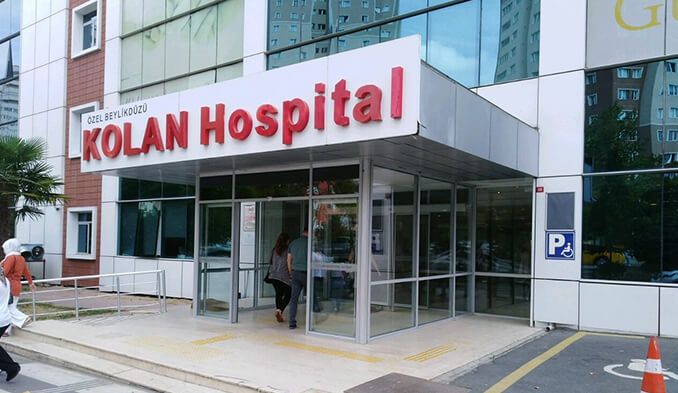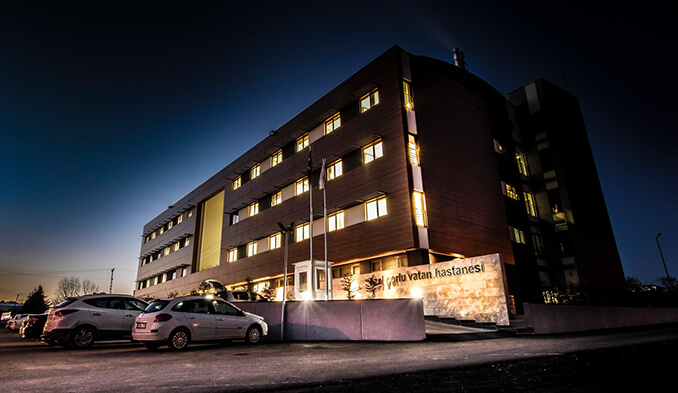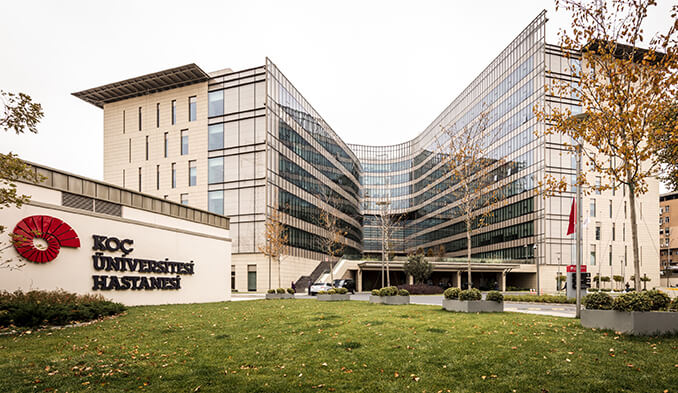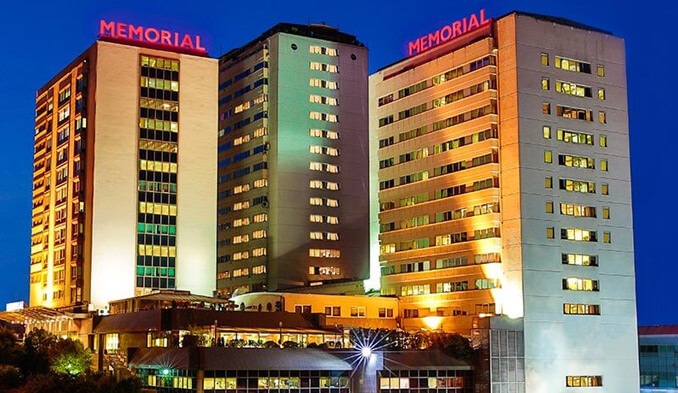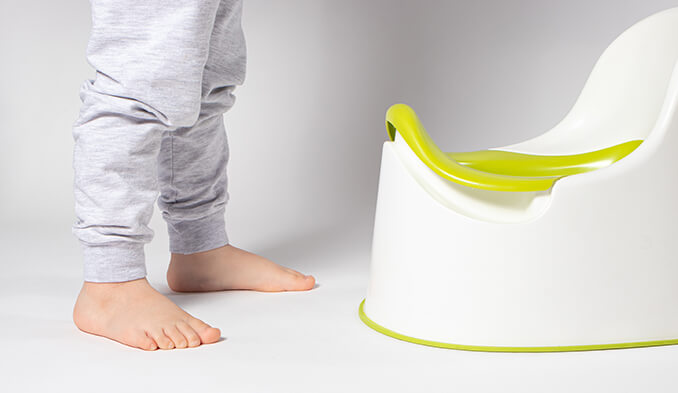Enuresis, more commonly known as "bedwetting," is the most common type of disorder in pediatric urology. Diurnal enuresis also exists. Some children only have nocturnal enuresis, but some suffer from both. Because enuresis can be sporadic or not, its type can only be diagnosed when the child is 5 or older.
Types:
Enuresis can be primary and secondary.
- Primary enuresis is the most common type. It occurs in babies who have no control over urinary tone.
- Secondary enuresis develops at least 6 months or even several years after the child should now be able to control his or her bladder.
In children with normal bladder control, nerve endings in the bladder wall send a message to the brain when the bladder is full, and the brain, in turn, sends an abstinence impulse to the bladder so that automatic emptying does not occur before visiting the toilet.
Children with enuresis have a problem precisely in the impulse to abstain.
Diagnosis:
The basis of diagnosis of enuresis in children are a history of regular recurrent bed-wetting or involuntary urine output at least twice a week for about three months.
Factors:
Some of the most common factors responsible for the development of enuresis are:
- Hormonal problems - for example, antidiuretic hormone (ADH). Its production causes the body to excrete less urine at night, but some children don't produce enough of it, which compromises the suppression of urine production.
- small bladder size
- chronic urinary tract infections
- high stress
- overactive pelvic floor muscles
- developmental delay in the child that interferes with training in household habits
- anxiety disorders
Secondary enuresis can be a consequence of:
- diabetes
- abnormalities of the urinary tract
- malignant formations of the urinary tract and in the area
- sleep apnoea
There is also the influence of the hereditary factor in the family, especially transmitted by the father's side.
Very often enuresis occurs in deeply sleeping children who do not wake up from the urge to urinate and do not feel the engorged bladder.
What is the incidence of cases with enuresis?
Studies show that about 7% of boys and about 3% of girls at the age of 5 suffer from enuresis. In 10 year old children, the rates drop to 3%/2%.
Most children outgrow enuresis by the time they reach their teens. Enuresis also occurs in people at age 18, but the rate is around 1%.
Treatment:
In the event that enuresis is due to disease, the primary diagnosis is treated using additional behavioral approaches to bladder control.
In the event that there is no detected medical problem that causes enuresis, active work related to behavioral therapy.
It is very important to involve parents in this approach.
The main principles to follow are:
- What is consumed (food and liquids) before sleep. The amount of fluids before sleep should be reduced and visiting the toilet just before going to bed for sleep.
- Do not use foods and drinks irritating the bladder - tea, chocolate, carbonated drinks.
- In teenagers with enuresis, nocturnal enuresis alarms are recommended. There are sensor alarms that are activated in bed as soon as they sense even a small amount of moisture. This avoids bed-wetting altogether, and trains the brain to turn on as soon as there is a call.
Medication treatment:
Anticholinergic preparations are used that can calm overactive bladder muscles.
Desmopressin Acetate is a well-known and increasingly used method of regulating antidiuretic hormone levels that we mentioned above. After laboratory testing of the hormone, the attending physician may prescribe the taking of Desmopressin Acetate.
Sometimes surgical treatment is required in cases where enuresis is due to an established medical problem.
One of the procedures performed is sacral nerve stimulation. A small device is implanted that sends signals to the bladder muscles and eliminates excess contractions.
Another method of dealing with the problem of too small bladder size is Cystoplasty. A small sculpture taken from a section of intestinal muscle is inserted into the bladder. In this way, the bladder becomes stable and bladder control and capacity are increased. Consequently, cases of nocturnal enuresis decrease significantly.
Detrusor myectomy is another surgical way to treat enuresis. The detrusors (bladder muscles) control the contractions of the bladder. In this procedure, some of these muscles are eliminated, which helps reduce contractions.
In the case of gynecological problems in girls, in which the female organs are displaced out of their correct position, bladder squeezing occurs, which could be the cause of enuresis. In this case, a plasty is performed to return the female organs to the correct position and avoid the bladder squeezing.
For more information, we at Medical Karaj are at your service.
Call us on the following numbers "Medical Karaj": 0879 977 401 or 0879 977 402.
Also keep an eye on our constantly updated Facebook content.

